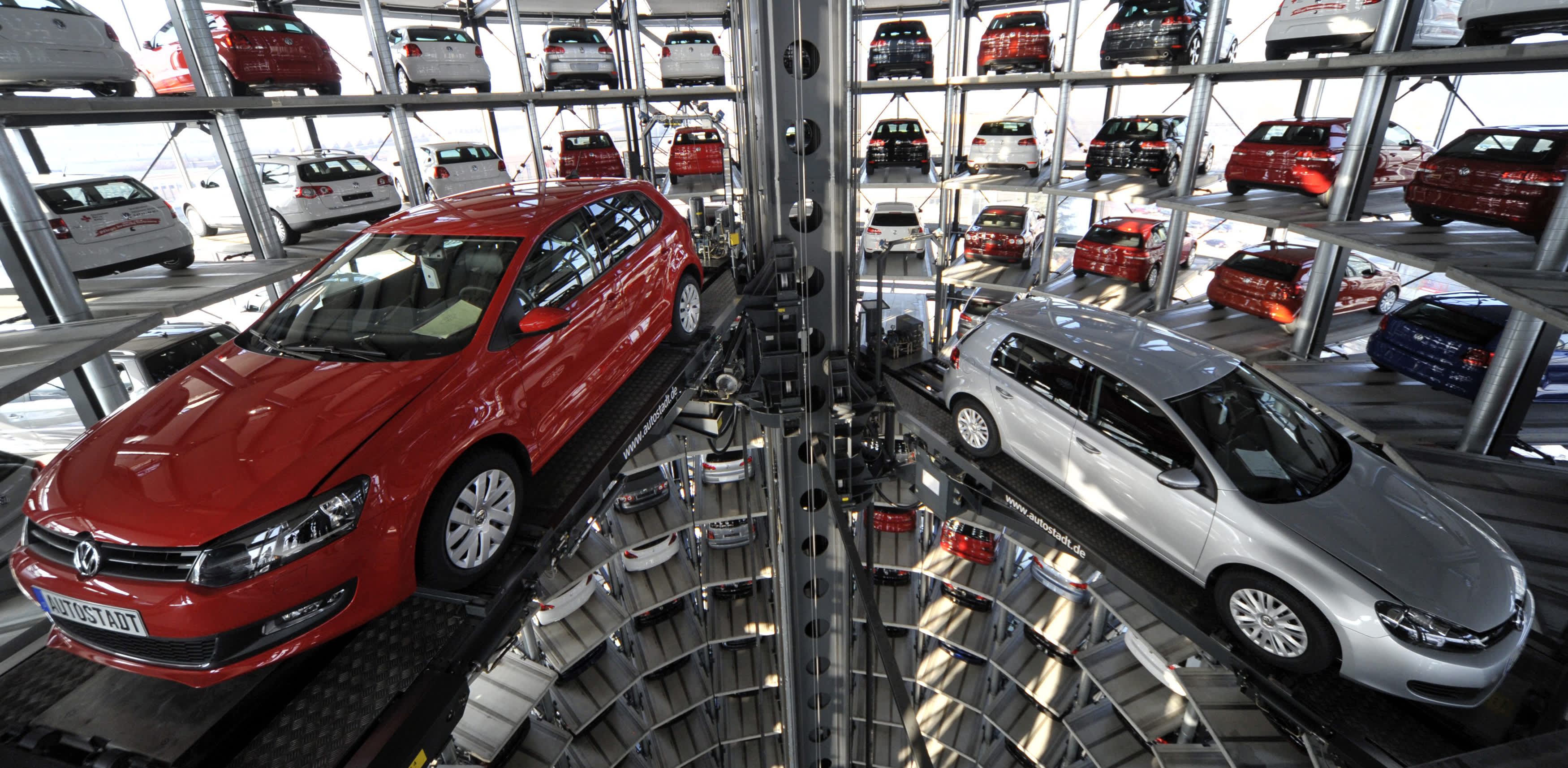Published
9 months agoon

Luxury carmaker Mercedes-Benz is planning to cut up to 15% of its workforce in China, primarily affecting its financing and sales divisions—Mercedes-Benz Automobile Finance Co and Beijing Mercedes-Benz Sales Service Co. According to reports the company has already begun downsizing by not renewing contracts for fixed-term employees, with the pace of layoffs accelerating in recent weeks. However, the total number of affected employees remains unclear.
In response, Mercedes-Benz Group China stated that it is working with employees to adjust operations in line with market dynamics and competitive pressures. This move follows Mercedes-Benz’s recent announcement of intensified cost-cutting measures and a strategic shift toward maintaining a stronger petrol and diesel lineup over electric vehicles (EVs), in an attempt to revive profit margins amid expected earnings declines in 2025.
The broader European automotive sector is facing strong winds with high energy and labor costs, weak demand, and mounting competition from Chinese automakers. Several European car manufacturers and parts suppliers have already announced factory closures and substantial layoffs, signaling an industry-wide struggle.
Nissan’s CEO Under Fire Amid Business Woes
Meanwhile, Nissan Motor is considering replacing its CEO, Makoto Uchida, following continued struggles in business performance and the recent breakdown of merger talks with Honda Motor. Nissan’s board is reportedly evaluating potential successors for Uchida, who has been at the helm since late 2019. A Nissan representative declined to comment on the speculation.
Nissan’s stock rose by 3.7% in Tokyo trading, outperforming the broader Nikkei index, amid investor speculation about leadership change. The failed merger with Honda, which would have created a $60 billion automotive giant, collapsed after Honda proposed making Nissan a subsidiary—an idea that Nissan reportedly resisted.
During a recent press conference, Uchida acknowledged the company’s struggles, stating that resolving Nissan’s long-standing issues was the top priority before considering a leadership transition. With Nissan’s turnaround plans at a critical juncture, the coming months will be decisive for both Uchida and the company.

Germany’s Auto Industry Faces a Make-or-Break Year
Germany’s legendary car industry is facing one of its toughest years yet. With a looming recession, rising costs, and China racing ahead in the electric vehicle (EV) game, 2025 is shaping up to be a year of reckoning for automakers like Volkswagen, BMW, and Mercedes-Benz.
Volkswagen is reportedly slashing thousands of jobs, and it’s not alone. Other automakers and suppliers are also tightening their belts. Industry expert Stefan Bratzel calls it a “German polycrisis,” blaming slow adaptation to EVs, software-based cars, and autonomous driving. While Tesla was once the main competitor, Chinese carmakers are now the ones eating into German market share at an alarming pace.
EV Confusion and Policy Flip-Flops
Germany’s transition to EVs has been a mess. In December 2023, Chancellor Olaf Scholz’s government abruptly ended EV subsidies, leaving both consumers and manufacturers frustrated. Charging infrastructure remains weak, and the government’s back-and-forth on combustion engine policies has only added to the uncertainty.
German automakers saw the EV shift coming but assumed their dominance in combustion engines would translate into electric success. It didn’t.
Bratzel notes that high labor costs, slow innovation, and complacency have left Germany lagging behind. While they still build some of the best traditional cars, EVs require a different approach—one that prioritizes software, batteries, and efficiency over just engine performance.
China. The Giant Panda Germany Can’t Ignore
China is the world’s largest EV market, and it’s moving fast. German brands once ruled the Chinese luxury segment, but now they’re struggling to compete against homegrown companies like BYD and Nio. The problem isn’t just in China, either—India is emerging as another key battleground, with Chinese and Korean firms rapidly expanding their EV footprint.
Bratzel warns, “Germany isn’t just competing with China; it’s also falling behind in key markets like India.”
Despite the doom and gloom, there’s hope—especially in battery innovation. Some experts believe solid-state battery breakthroughs could give German automakers a much-needed edge by the end of the decade.
Bratzel says 2025 is a defining year: “Germany must be at least as innovative as it is expensive.” The pressure is on to deliver.
A Swiss-based Prognos Institute study paints a sharp picture: if EV trends continue, Germany could lose 186,000 auto jobs by 2035. Since 2019, about 46,000 jobs have already disappeared. Without serious reforms, another 140,000 could vanish in the next decade.
The German Association of the Automotive Industry (VDA) is calling for reduced bureaucracy, more trade deals, and tax breaks to stay competitive.
Dudenhöffer points out that much depends on how the U.S. and Chinese markets evolve. If German automakers can reclaim lost ground in these regions, they have a shot. But uncertainties—like a potential return of Donald Trump and his policies on combustion engines—add more complications.
Still, there’s a glimmer of hope. Schwope, another industry expert, believes EV demand in Germany and Europe will “take off by 2025, or at the latest, 2026.”
The Last Bit


Taiwan’s ‘Historic’ TSMC Deal, A Win Or The End Of Its ‘Silicon Shield’ As China Threatens? A Jittery Taiwan Watches Trump’s Moves On Ukraine, Wondering, Could We Be Next?


A Trade War That Just Won’t Quit. As Trump’s Tariffs Hit, China Stays The Course, For Xi’s Its Business As Usual Strategy


Indian Stock Market In Turmoil. Investors In Panic Mode, Is This A Temporary Correction Or The Start Of A Bear Market?


America And China’s Thirst For Gold In 2025 Is Draining Other Countries’ Reserves; Here’s Why?


Tata Motors Tanks 44%: Is The Worst Over Or More Pain Ahead?


DeepSeek Ai Rush. China’s AI Contender Gears Up for Next Big Launch Even As It Gets Xi Jinping’s Blessings
